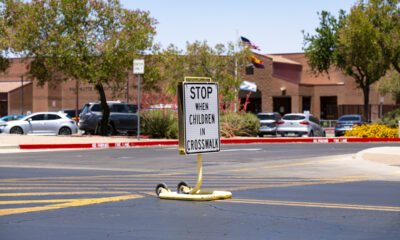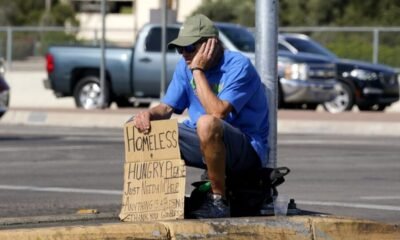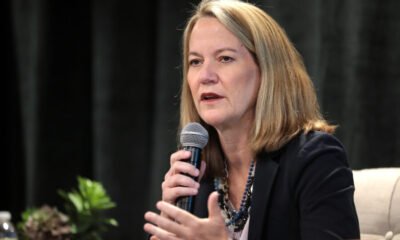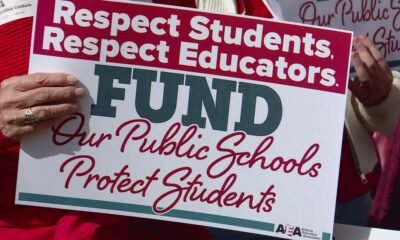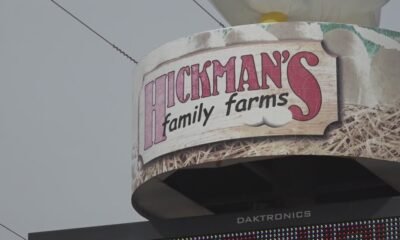affordable housing
Housing Crisis: A Challenge for Everyone, Not Just ‘Those People’
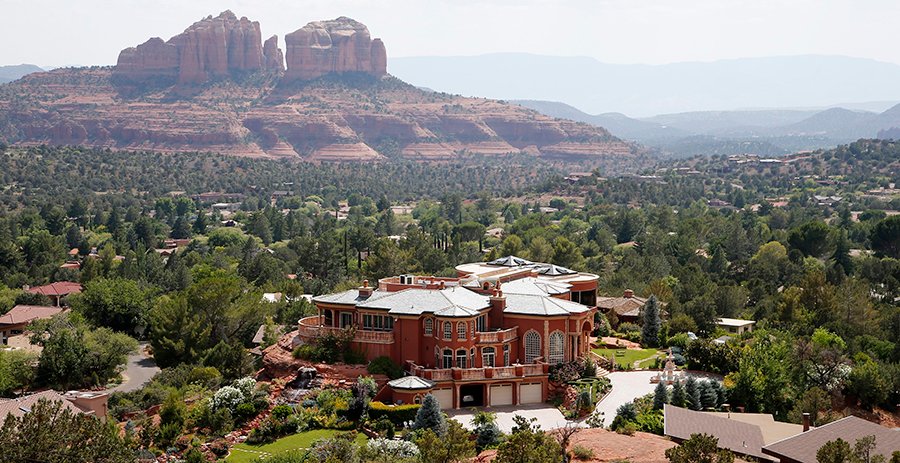
The concept of “affordable housing” often prompts negative stereotypes, leaving many Arizonans with misconceptions about its true nature. Rather than a stigma associated with dilapidated buildings or government aid, affordable housing is housing that accounts for no more than 30% of a household’s income. This definition encompasses the rental space a Phoenix teacher can afford without needing a second job, the starter home a Flagstaff nurse can buy close to work, and the senior living community where a Tucson retiree can manage both rent and groceries.
Such housing issues are not limited to “those people.” Nearly half of renters in Arizona are classified as “cost-burdened,” allocating over 30% of their income to housing. Essential workers—teachers, firefighters, baristas, and delivery drivers—are increasingly facing unaffordability, struggling to remain in the communities they serve.
In 2023, Arizona permitted around 50,000 new housing units, yet only 8.5% were aimed at affordability. The discrepancy highlights a critical gap: we are increasing supply overall, but failing to meet the needs of those who require affordable options the most.
Addressing this crisis requires immediate action, innovative thought, and political will. Arizona’s leaders must prioritize renewing existing housing initiatives and exploring new solutions. Here’s how they can take action:
Stabilize Leadership: Renew the Department of Housing
Lawmakers must pass SB1357, extending the Arizona Department of Housing (ADOH) for four more years. ADOH plays a crucial role in tackling the housing crisis, managing federal grants and collaborating with developers to provide housing stability. In 2024, ADOH delivered $1.24 billion in assistance, financing over 4,300 affordable units. A proposal for only a one-year renewal risks destabilizing long-term housing projects and jeopardizing future partnerships.
Expand the State Low-Income Housing Tax Credit Program: Fuel for Affordable Development
Arizona needs significant investment in affordable housing, and the state Low-Income Housing Tax Credit program (LIHTC) is pivotal. A 2025 study by the Arizona Housing Coalition shows that LIHTC-funded developments generated $745.9 million in economic activity and created thousands of jobs. While state funding stagnated at $8 million since 2015, increasing this to $15 million would catalyze stalled projects and enable thousands of new affordable homes.
Yes in God’s Backyard: Unlocking Land, Building Community
Another important initiative, proposed under HB2191—known as ‘Yes In God’s Backyard’—aims to transform underutilized land owned by faith communities into mixed-income housing without complex zoning restrictions. With over 500 religious sites in Phoenix, developing just a fraction of these could yield 2,500 additional affordable homes. Previous projects demonstrate the benefits of reducing bureaucratic hurdles to meet housing needs.
The Road Ahead: Beyond Building
Despite available strategies, the crisis is compounded by wage stagnation. Rents in Arizona have surged by 35% since 2018, while incomes increased by only 18%. Furthermore, single-family zoning, which occupies 80% of Phoenix, limits housing diversity. Embracing a broader range of residential types is essential for sustainable growth.
Affordable housing is vital economic infrastructure. When essential workers can afford to live near their workplaces, communities thrive. Lawmakers need to:
- Renew ADOH to maintain stability and advocacy for housing needs.
- Expand LIHTC to stimulate investment and address housing shortages.
- Pass YIGBY to empower local communities.
However, community attitudes must shift as well. The resilience of Arizona reflects that of its residents. Instead of opposing development, we should embrace the notion of “yes, in our community.” The time to act is now, as the affordable housing crisis is not a distant issue—it is here.
— Nicole Newhouse, Executive Director of the Arizona Housing Coalition.
